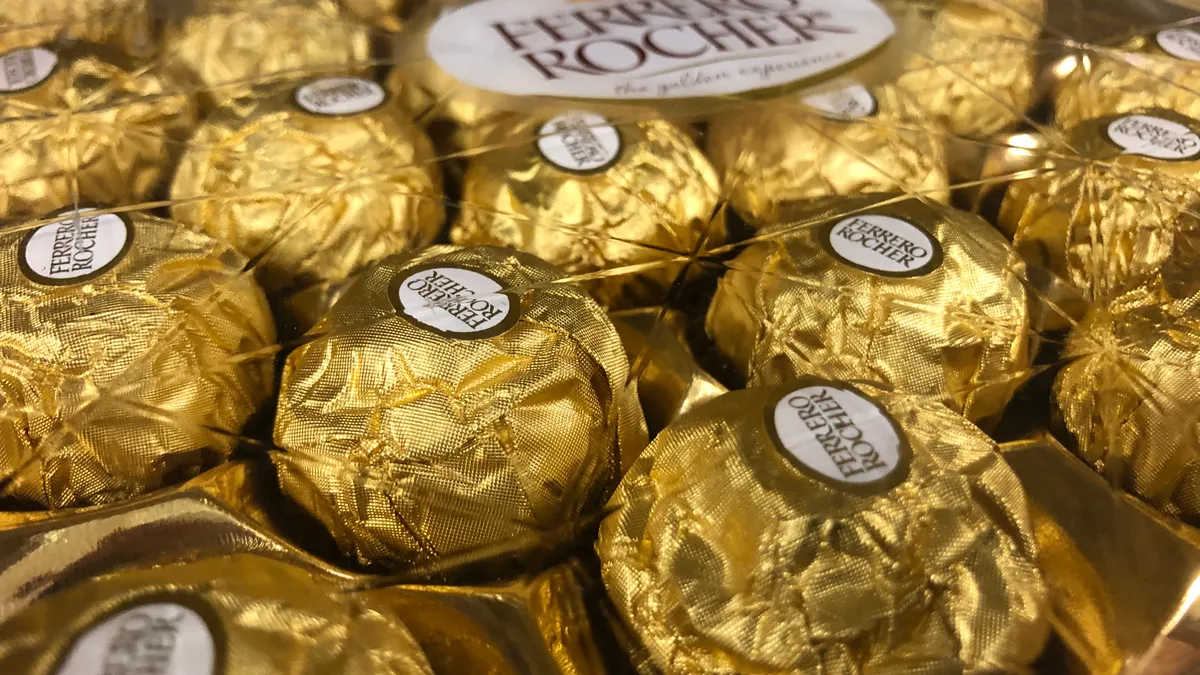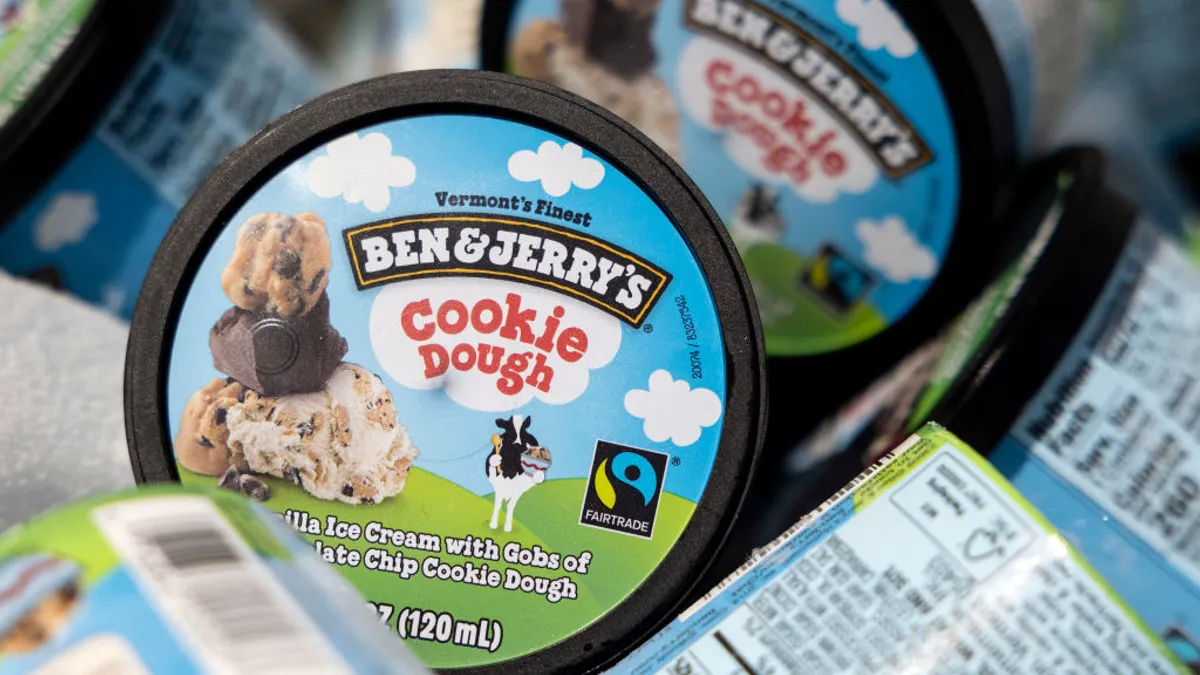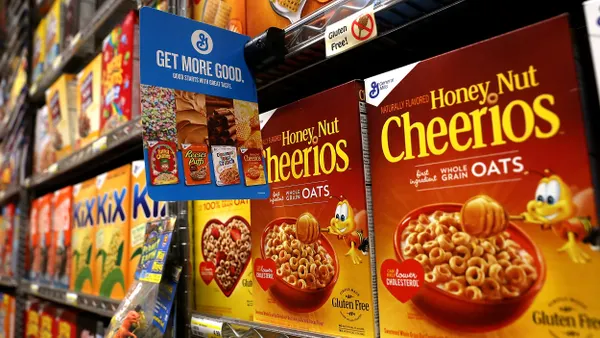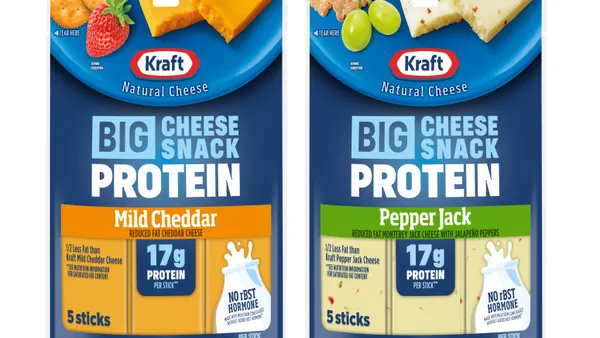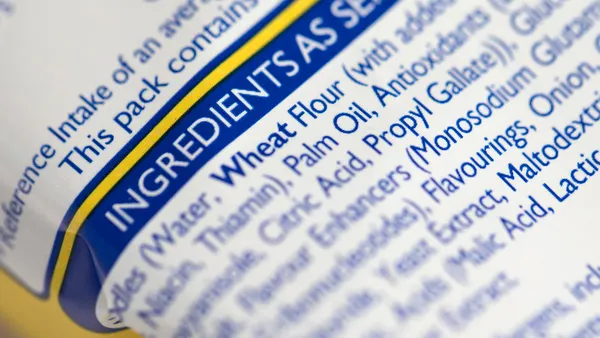Dive Brief:
-
New research suggests drinks containing low-calorie sweeteners do not increase appetite for sweet foods and beverages, Food Ingredients First reported.
-
Some prior reports claim that consuming low-calorie sweeteners could increase desire for sweet foods and drinks, supposedly leading people to increase their caloric intake. This new study, published in the journal Appetite, looked at the effect of low-calorie sweetened drinks versus water in 166 French adults. It found no difference in appetite or consumption of sweet foods.
-
The researchers said preference for sweet foods over savory foods did not increase. It also noted there was no change in food choices or feelings of hunger and satiety — meaning that consuming low-calorie sweeteners could help people cut sugar and manage their daily calorie intake. The study was sponsored by the Coca-Cola Co. and the International Sweeteners Association, although the sponsors had no role in the study’s design, conduct or analysis.
Dive Insight:
Many U.S. consumers are aiming to reduce their sugar intake, and manufacturers have moved to cut added sugars before they have to be labeled on the Nutrition Facts panel in the next few years.
While low-calorie sweeteners may seem an obvious way to cut sugars without sacrificing taste, a handful of eye-catching studies have linked sweeteners to a range of worrying effects, such as increased risk of diabetes or changes in gut bacteria. Many of these studies have been very small or performed on mice, but the headlines have had a big effect, as consumers have become increasingly skeptical of low-calorie sweeteners.
Artificial sweeteners also have been linked to weight gain — although it is not clear whether low-calorie sweeteners actually cause people to put on weight, or whether the link exists because those who are overweight are more likely to consume the product.
While this latest study’s industry sponsorship may make some people regard it with suspicion, it is not the first research to find no link between low-calorie sweeteners and an increased desire for sweet foods. However, the perception that sweeteners lead to increased appetite or a preference for sweet flavors persists, even among dietitians. A 2014 survey of European dietitians found only 8% allowed or recommended the use of low-calorie sweeteners as a tool for weight management, while a quarter recommended that sweeteners should not be used at all.
The poor public perception of both sugar and artificial sweeteners has led consumers to look for alternatives. Sugar usage is falling, and manufacturers have become increasingly creative in their efforts to retain sweetness without turning to sweeteners. For example, the largest U.S. yogurt maker, Stonyfield, has said it will cut sugars by 40% by selecting less acidic cultures, while Nestlé has produced a restructured sugar crystal to cut sugar without affecting taste.


